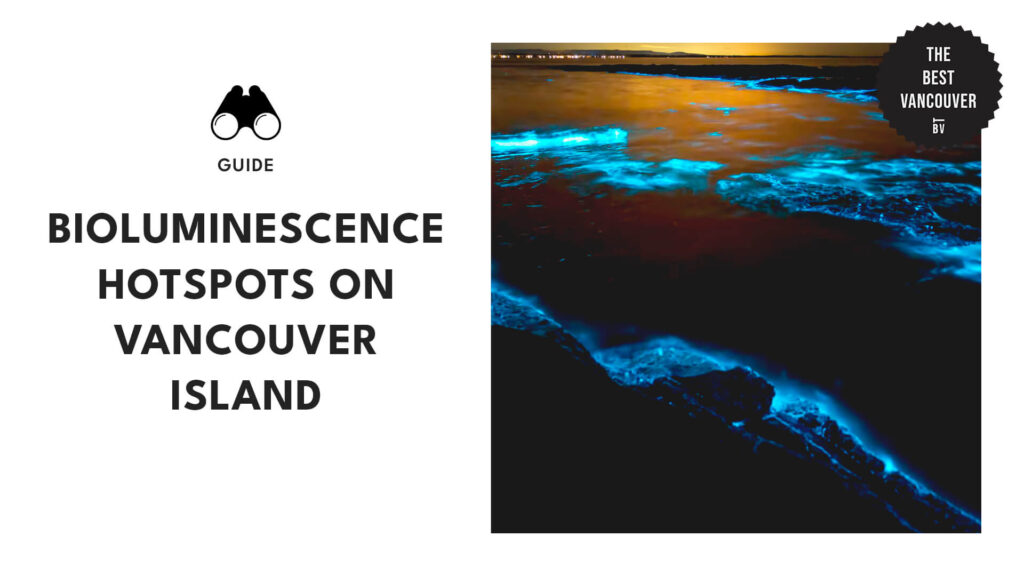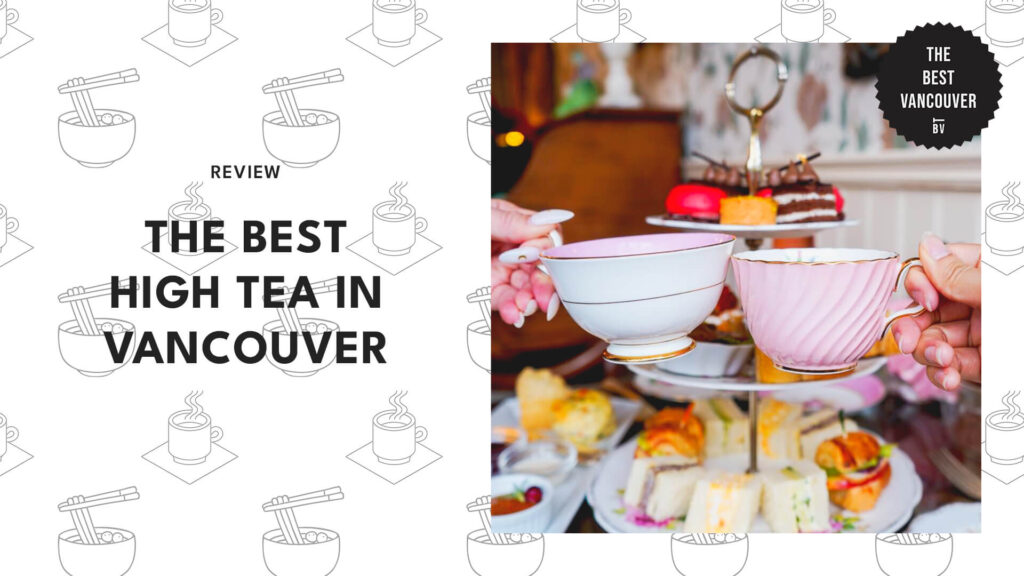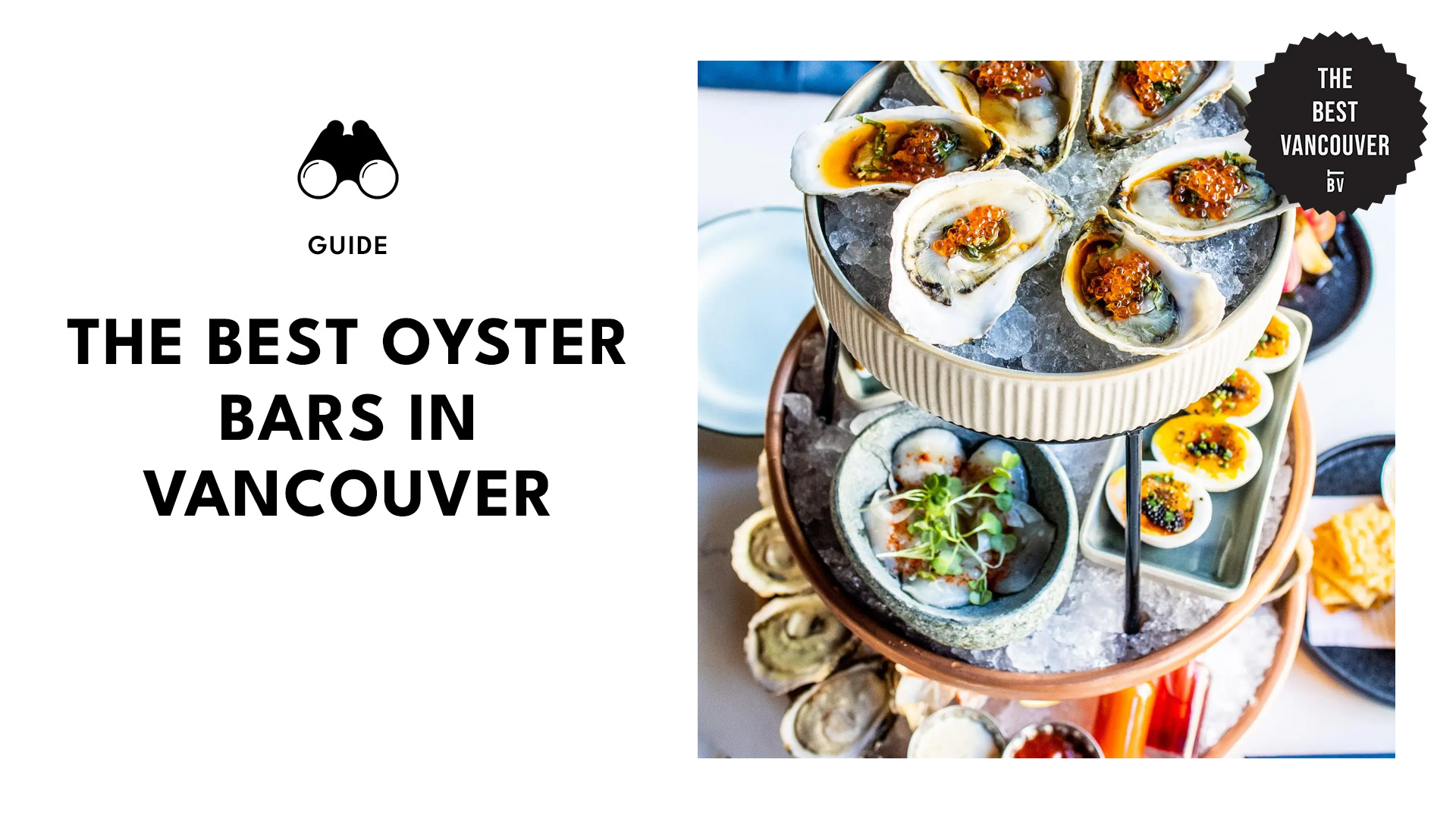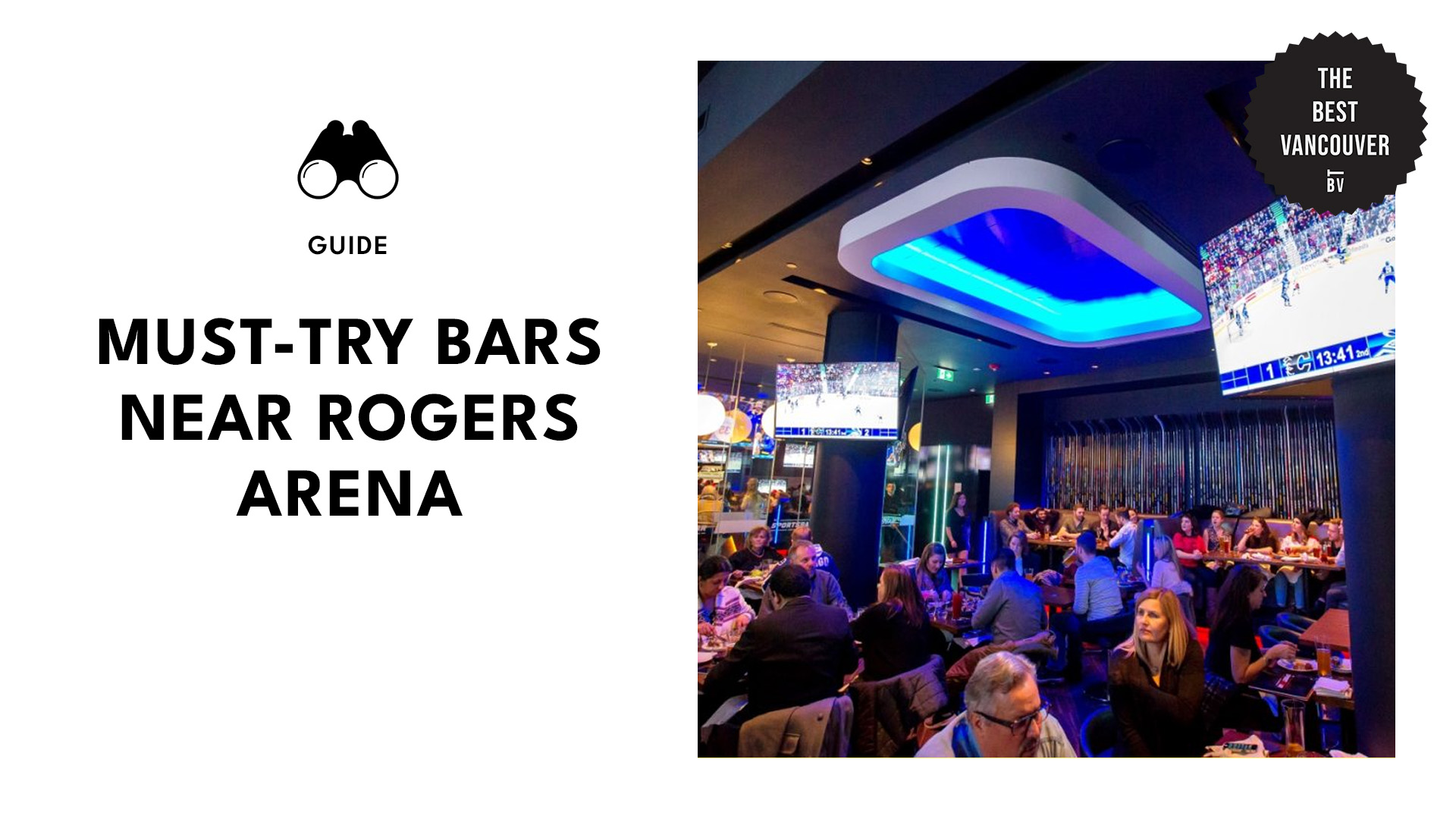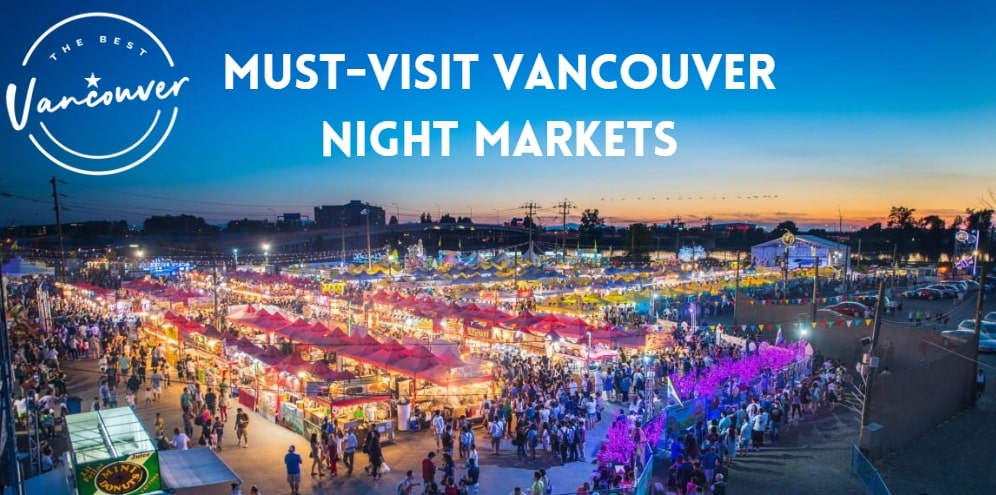Dealing with Depression in Vancouver
Depression is a serious medical illness that can affect anyone at any time. Even with the proper treatment, support, and medication, it can be a relentless and overwhelming challenge.
If you are living with depression, it’s essential to know that there are ways to help yourself get back on track.
Managing Depression in Vancouver
There are numerous ways to cope with depression. One way is by being proactive, seeking help, and supporting others. There are also medical treatments such as therapy, antidepressants, and many more.
Managing depression is a complex process requiring a combination of lifestyle changes, psychological support, and medication, but it doesn’t mean you aren’t allowed to live a full life.
Before diving into it, let’s first look at the definition of depression.
What Is Depression
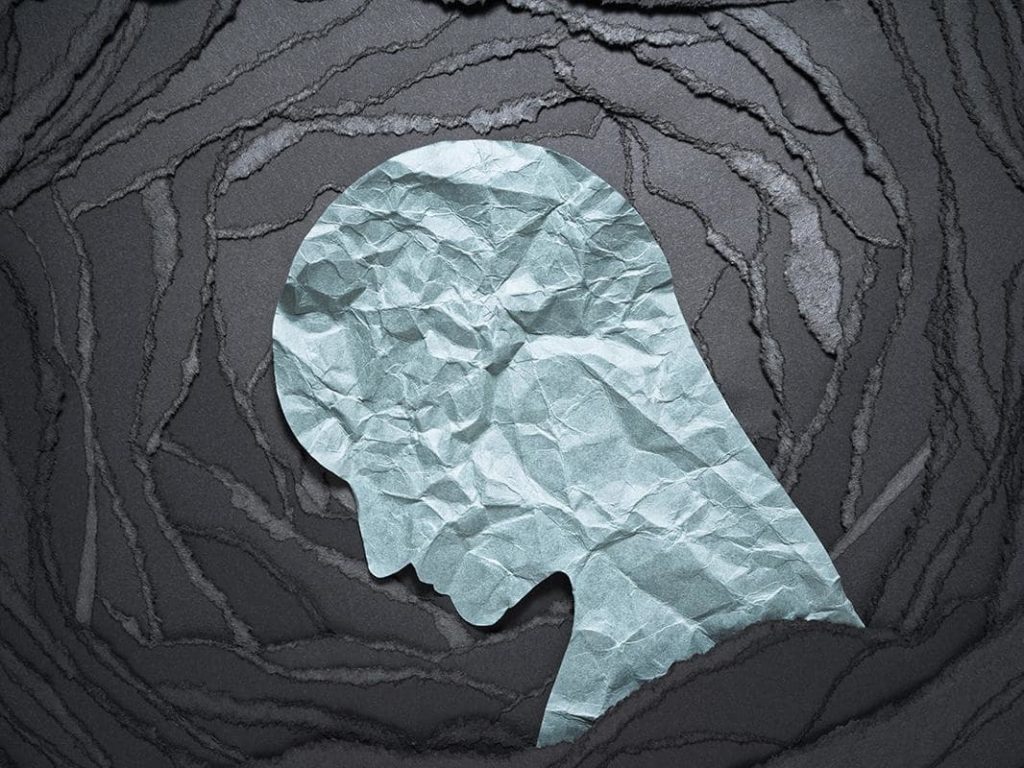
Image by iStock via https://www.istockphoto.com/
Depression, according to the American Psychiatric Association (APA), is a medical illness that has a negative impact on your daily life. Some of the symptoms that may indicate that you are depressed include the following:
- Feeling worthless
- Insomnia
- Loss of interest in activities you used to enjoy
- Difficulty making decisions and concentrating
- Fatigue
- Changes in eating habits
- Suicidal thoughts
Depression is a serious illness that affects millions of people across the world. The negative effects of depression can significantly impact the quality of life and overall happiness of those who live with it.
Depression Rate in British Columbia
The World Health Organization (WHO) estimates that over 280 million people suffer from depression worldwide.
Women are diagnosed with depression at twice the rate of men. Life-cycle changes, hormonal changes, higher rates of childhood abuse, and other factors are among the causes of this difference.
According to data from the Centers for Disease Control and Prevention (CDC) from 2019, 21% of adults experience any depressive symptoms between the ages of 18 and 29. This is the highest rate among all adult age groups.
In British Columbia, The Canadian Mental Health Association (CMHA) reports that roughly 17% of British Columbians, about 800,000 people, are experiencing mental health issues.
In the table below, we’ve listed some of the age groups and how likely they are to experience depression:
Data from The Centre for Addiction and Mental Health via https://www.camh.ca/
Based on statistics from the B.C. Ministry of Health, Vancouver Island is more depressed than the other British Columbia cities.
The island has a rate of depression of 23.9%, or one in every four people, which is higher than the rest of the provinces’ rate of 21.3%.
Medically-Proven Ways to Deal with Depression
Depression is a serious illness, but it can be controlled with proper medical treatment. Treatment options for depression range from mild to severe, depending on its severity and the underlying cause.
If you’ve been diagnosed or have a loved one that suffers from depression, you’ll know how hard it can be to manage it. But luckily, there are ways to get help.
Anti-depressants
Antidepressants are a type of medication that can help to regulate mood and alleviate the symptoms of depression. While they’re not a cure for depression, they can be beneficial in managing the condition.
In fact, the Director of the NIHR Oxford cognitive health Clinical Research Facility, Andrea Cipriani, stated that antidepressants are an effective tool for depression.
He also stated that some antidepressants work more effectively than others. Some of the most commonly prescribed antidepressants include sertraline hydrochloride, with users reporting improvement in symptoms after 1 to 2 weeks.
Although getting antidepressants requires a prescription, there are some over-the-counter (OTC) medicinal herbs and supplements you can try.
As with any medication, there’s always the chance of developing adverse reactions. However, most people who take antidepressants experience significant improvements in their symptoms and quality of life.
Therapy
Finding the right treatment for depression can be challenging. The psychiatric community has many therapies available to patients and families.
While these are effective treatment options, each patient is unique and may respond differently to medications or psychological treatments.
Here are some of the most effective treatments for depression:
- Psychotherapy: Talking with a psychotherapist can be incredibly helpful in dealing with depression. Therapy can help you understand your condition, learn how to cope with difficult emotions, and develop healthy coping skills.
- Light therapy: Light therapy involves exposure to artificial light sources, such as lamps or LED lights. It can be an effective treatment for seasonal affective disorder (SAD), which is a type of depression that occurs during the winter months when there is less natural sunlight exposure.
- Brain stimulation therapies: These therapies involve using electrical or magnetic stimulation to treat depression.
Finding a therapist you trust and feel comfortable with is essential, no matter what type of therapy you choose. Therapy takes time and effort, but it can be a very effective treatment for depression.
Natural Ways to Deal with Depression

Image from PX here https://pxhere.com/en/photo/1633650
You may not realize it, but your diet and lifestyle choices can significantly affect your mental health. This section will delve into easy and natural ways you can explore to deal with depression.
Exercise
If you’re feeling down, one of the best things you can do is get up and move. In fact, a study by the National Health Service (NHS) shows that regular exercise can improve your mood.
Exercise releases endorphins, which have mood-boosting effects. According to the APA, physical activity can be helpful for people with mood disorders such as depression, anxiety, panic attacks, and many more.
Some of the exercises you may want to consider include jogging, cycling, and hiking, and you can also try your hand at rock climbing.
However, if you’re a newbie or you haven’t been active for a while, just 30 minutes of walking each day can make a big difference in your overall outlook.
We recommend walking in Stanley Park because it has plenty of spacious walk paths and scenic views, making it the ideal place to walk and relax.
Herbal Supplements
Depression can be a complex disorder, but natural ways exist to help ease the symptoms. One option is to try herbal supplements. Common herbs traditionally used to help with depression include St. John’s wort, SAM-e, and Vitamin D.
St. John’s wort, according to Health Link BC, is an effective treatment for mild to moderate depression. This supplement is available in pharmacies and health-food stores. Meanwhile, SAM-e and Vitamin D may reduce depressive symptoms.
Herbal supplements are a popular treatment option for depression, but their effectiveness is still debated. Other research suggests that these supplements are no more effective than a placebo.
There are a few key considerations to keep in mind when deciding if herbal supplements are right for you.
First, talking to your doctor before taking any supplement is important, as they can interact with other medications you may be taking.
Additionally, remember that the FDA does not regulate herbal supplements, so there’s no guarantee of quality or safety.
Finally, remember that even if an herbal supplement does help alleviate your depression symptoms, it’s important to continue with other forms of treatment, such as therapy or medication.
Meditation
There are many different types of meditation, but the goal of all meditation is to focus and quiet the mind. In doing so, you may be able to find relief from the symptoms of depression.
Mindfulness meditation is popular among people with depression. This involves focusing on the present moment and being aware of your thoughts and feelings without judgment.
Other types of meditation include guided, mantra, and Transcendental Meditation. If you are interested, you could also try yoga.
According to a National Library of Medicine (NLM) study, yoga is an effective and natural way to reduce symptoms of depression because it combines various practices to improve physical, emotional, and spiritual health.
Many resources are available to get you started if you’re interested in trying meditation to help with your depression.
Headspace is a popular app that offers 10-minute guided meditations for beginners. The Kadampa Meditation Center Vancouver also has a helpful website with resources and information on how to get started with mindfulness meditation.
Sleep Regularly
If you’re struggling with depression, one of the best things you can do is ensure you get enough sleep. Depression can cause insomnia, and worsening depression, so it’s essential to break this cycle.
Here are a few things you can do to help improve your sleep quality:
- Establish a regular sleep schedule and stick to it as much as possible. This means going to bed and waking up simultaneously every day, even on weekends.
- Create a relaxing bedtime routine and stick to it. This could involve taking a warm bath, reading a book, or listening to calming music.
- Avoid caffeine and alcohol before bed. Both of these substances can interfere with sleep.
- Make sure your bedroom is dark, quiet, and calm. Creating an environment conducive to sleep will help your body relax and fall asleep more easily.
If you’re having trouble sleeping, it’s wise to consult with a sleep clinic to ensure you get the help you need.
Eat Healthily
There are many different ways that you can eat to help improve your mood and fight depression. Food, like omega-3 fatty acids, is particularly helpful in improving mood and preventing depression.
Eating a healthy diet is one of the best things you can do for your overall health, but it’s essential if you’re struggling with depression.
Make sure to include plenty of fresh fruits and vegetables, whole grains, and lean protein in your diet. And limit or avoid processed foods, sugary drinks, and alcohol.
If you’re unsure where to start, talk to a registered dietitian or nutritionist. They can help you create a healthy eating plan that’s right for you.
FAQs about Dealing with Depression in Vancouver
Does MSP cover Depression Treatment?
Most mental health services, such as counseling or therapy, are covered by your BC Medical Services Plan (MSP) because Canada’s public health insurance system covers all medically necessary hospital and physician services.
Is there a permanent solution for depression?
While there is no cure for depression, various effective medications and treatments can assist you in recovering and living a long and healthy life.
Is major depression permanent?
Major depression is a long-term illness, but this mental health illness is manageable and treatable with medication and therapy.
Do you need a referral to see a psychologist in BC?
No, you won’t need a referral from a doctor to set an appointment with a psychologist in BC.
Can depression make you lose your memory?
Yes, in fact, research shows that people with depression can experience memory loss, confusion, and forgetfulness.
Depression is a severe illness. If you’re experiencing it, please know that you’re not alone.
There are a lot of stigmas attached to depression in particular. If you feel like you are experiencing some related symptoms, such as difficulty with concentration or motivation, or sleeping too much or too little, then it’s important that you get help.
Here are a few numbers you can call for assistance:
- BC Mental Health Support Line: 310-6789
- Suicide Hotline: 1-800-784-2433
- Non-emergency Hotline: 811
Here are some helpful articles that you should check out:
